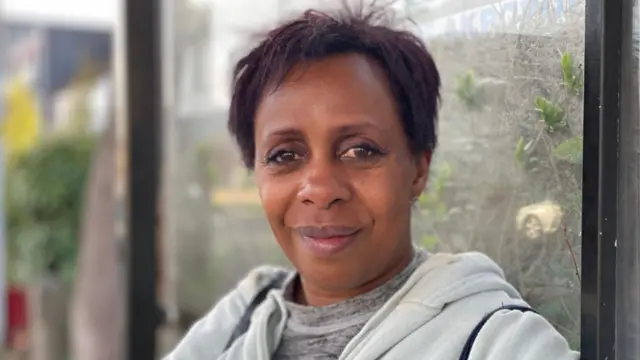Bill rises pinch wallets before Trump's tariffs landpublished at 16:09 British Summer Time 1 April
 Adam Goldsmith
Adam Goldsmith
Live reporter
As the new financial year looms, increases to a number of household bills - including council tax, energy and water bills - have come into place. We’ve got full details on the seven swelling costs.
Business Secretary Jonathan Reynolds has accepted the impact this is likely to have on the public's pocket, but emphasised that millions of Britons will be getting a pay rise after the minimum wage also saw a boost.
The Conservatives, though, say the prime minister is "not serious" about these numbers; leader Kemi Badenoch accused the government of hammering the businesses that pay these wages - citing an upcoming increase to employer National Insurance contributions.
All of this comes before US President Donald Trump announces his much-awaited tariffs on what he has termed "liberation day" tomorrow.
Chancellor Rachel Reeves has warned that the UK should brace for impact - we have a live page running on what you can expect.
But, before that arrives, our cost of living correspondent Kevin Peachey has been answering your questions - including on why these bills are rising in the first place.
We're now closing this live page. Should you have any more queries, here's some handy guides to help you through:
- Three ways to cushion the blow of bill rises
- For those with children, some information on child benefit - how much it will go up by and who can claim


















